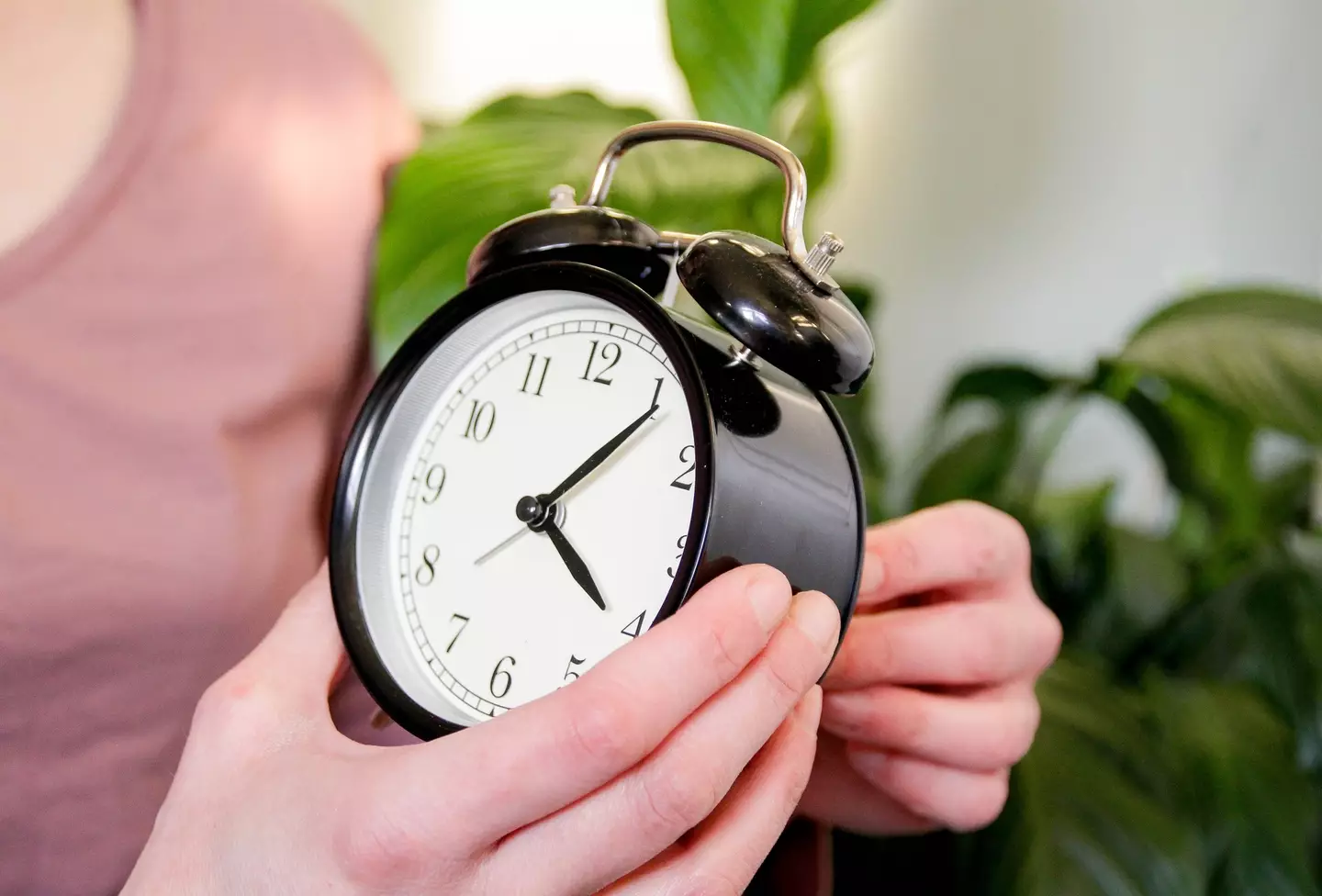
It's good news for most of us as this Sunday (31 March) signals the start of daylight saving time, also known as British summer time.
If you've got an analog clock, it's worth going ahead and changing them before bed on Saturday, as clocks will go forward an hour, leaving those dreaded dull and dark evenings in our rear-view mirror.
For us in the UK, it does mean that holiday season is well and truly here - summer is around the corner, and it won't be long until you're enjoying a pint in a beer garden with your mates (especially with the Euros around the corner).
Advert
The only downside is you might be complaining non-stop about the heat, but things like outdoor walks are about to become about 100x better, as with most things in life during summer.

Before jumping onto holiday package deal websites to start planning your next few months out though, we still have a few days to go before time skips ahead by an hour.
Adjusting to the clocks going forward
The first day after clocks go forward always seem to be weird, and though summer is within reach, that night's sleep isn't the best as we get an hour less of sleep, no matter what you do to avoid it.
Advert
However, there are a number of things you can do to stop tiredness from hitting you at work next week.
A health expert has revealed that just one hour can make all the difference, so listen up.
Keeping check of your sleeping pattern
Speaking to The Mirror, Tyler Woodward, health expert at Eden's Gate, said: "Your sleeping pattern is controlled by your circadian rhythm, our internal 24-hour clock which regulates when it's time to wake up and go to sleep, as well as other bodily functions such as body temperature, hormone production and digestive health.
Advert
"While losing an hour might not seem like much of a difference, it can impact your energy, causing fatigue and feeling a little more sluggish, symptomatic of jet lag."
When should you go to bed for the clocks going forward?
The expert then revealed what time you should be going to bed and waking up this week, as such small changes can make a massive difference.
"The good news is that you can curb the effects of losing one hour by going to sleep and getting up 15 to 30 minutes earlier this week to help your body gently adjust to the new schedule," Woodward said.

Getting to sleep faster
And if you are in search of some tips to help you get to sleep faster, a sleep expert might just have the answer.
Advert
Dr. Katherine Hall is a sleep psychologist at Happy Beds, and she says you should be rubbing the inner part of your wrist to get to sleep in a rapid time.
"If you’re struggling to drift off, try rubbing the inner part of your wrist to help soothe yourself into a slumber more quickly," she told LADbible.
"The pressure points on this part of your wrist are known as Heart 4, 5, 6 and 7, and are four acupressure points that help alleviate stress by reducing your cortisol levels (otherwise known as your stress hormones)."
Featured Image Credit: Getty Stock Photos